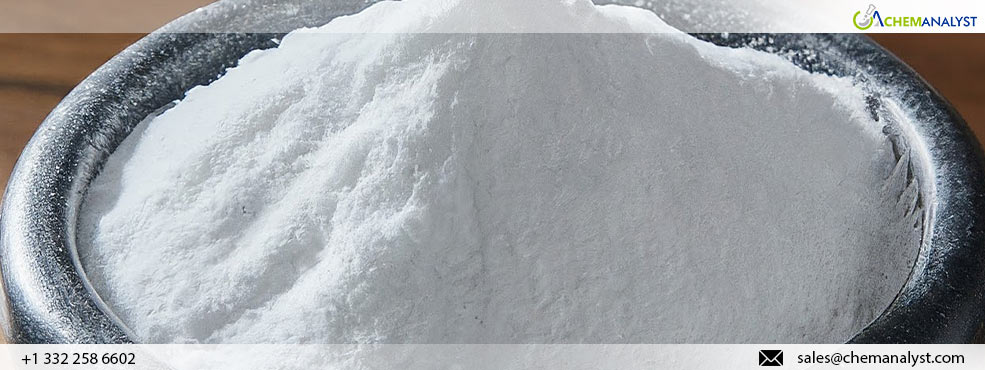Welcome To ChemAnalyst

After mid-July 2024, Bisphenol A (BPA) prices in the APAC region have continued to decline due to a complex interplay of market dynamics. Weak cost support from key feedstocks, such as phenol and acetone, coupled with low upstream crude oil prices and subdued coal prices, has significantly influenced the downward trend.
The oversupply in the BPA market has been exacerbated by weakening demand in downstream industries, including epoxy resins and polycarbonates. Demand has been particularly affected by limited consumption in sectors like electric and electronic components, coatings, and composite materials. The short-term withdrawal of Olympic-branded water bottles in France, which impacted the polycarbonate market, has also contributed to the overall weakening of BPA demand. Additionally, deep-sea freight and logistical challenges, coupled with the EU's antidumping probe on several Asian epoxy imports, led to an oversupply in China's domestic market, further reducing BPA demand in the downstream epoxy resin industries. The downstream polycarbonate (PC) sector also showed insufficient demand due to the slow restart of Ningbo Zhetie Dafeng's PC units after maintenance.
The decline in BPA prices has been notably driven by weak cost support from feedstocks. In June 2024, acetone exports from China plummeted by 64.22%, falling to 626.59 tons, adversely impacting the acetone prices as it is a critical feedstock in BPA production. The continued fall in acetone prices has pressured traders to offer goods at lower prices, leading downstream factories to purchase only as needed.
Crude oil prices have also contributed to the decline. Weaker global economic growth, US political uncertainties, and concerns about OPEC’s potential reduction in production cuts have led to lower crude oil prices. This reduction has also influenced BPA production costs. On the energy front, coal prices have remained low despite expectations for a peak season consumption. The coal market in China has stayed weak, with power plants making minimal coal purchases due to ample stockpiles. Trading activities have been hindered by a persistent bid-ask price spread and low inquiries, further reducing production costs for BPA.
As a result, BPA prices fell by 3.5% by July 19, 2024, and continued to decline, reaching USD 1,310/MT, FOB Qingdao, a 4.3% decrease by July 26, 2024. This ongoing downward trend reflects a challenging environment for BPA producers, characterized by a persistent supply-demand imbalance and broader economic uncertainties. According to ChemAnalyst, high inventory levels are expected to exert downward pressure on prices, with supply anticipated to surpass demand, leading to sustained price challenges.
We use cookies to deliver the best possible experience on our website. To learn more, visit our Privacy Policy. By continuing to use this site or by closing this box, you consent to our use of cookies. More info.
